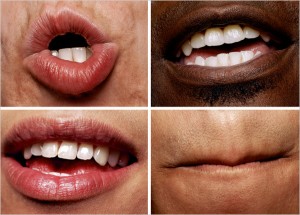 A couple months ago I found this article on the benefits of studying a second language. Sometimes it helps motivate me when my classes are frustrating. A few highlights from the article:
A couple months ago I found this article on the benefits of studying a second language. Sometimes it helps motivate me when my classes are frustrating. A few highlights from the article:
- Stave off dementia. Bilingual individuals apparently are likely to stave off dementia by up to five years.
- Increased attention. As those that meditate know, practice concentrating and it is easier to concentrate on all problems. Language study and the attention required to interpret an unfamiliar language is such an act of concentration.
- New views on life. The article references and example of Japanese but I like this one of Chinese: did you know that the Chinese word for thin (?) includes a component that is used in words that describe disease and sickness? That shows how much the early Chinese admired their plump friends and family.
In summarizing many of my previous observations and rants, I will offer a few reasons of my own on the benefits of studying a second language:
- Exercise your humility. Learning any language will always introduce you to people fluent in that language. Comparing your proficiency with theirs is a constant exercise in humility.
- Build confidence. The most accomplished linguists are fearless. They use every word they know at every opportunity without fear of the listener’s response. Force yourself to do this and it must translate into life’s other activities.
- Round out your intelligence. Language intelligence is a distinct component of our multi-dimensional intelligence. Develop it.
- Broaden your cultural horizons. It is veritably impossible to learn a new language without meeting people from different cultures. Cultural understanding provides an incredible context to history and national politics.



